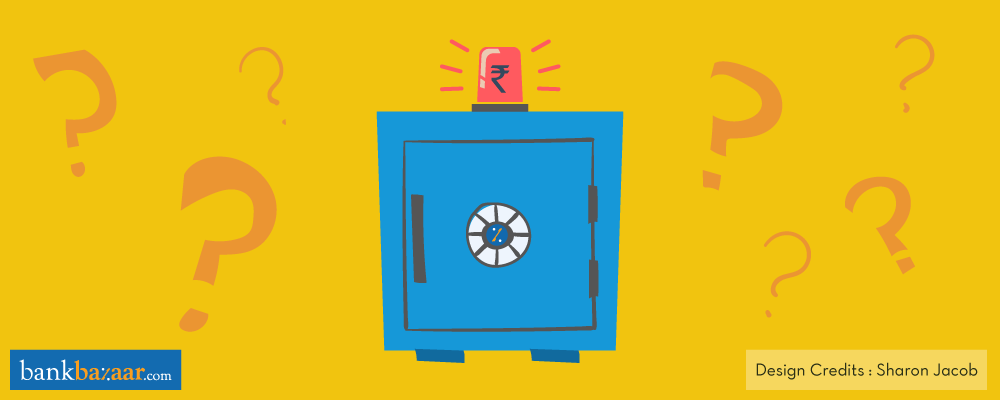Sometimes, dipping into your emergency fund (a.k.a contingency fund) may be necessary. But, if you aren’t sure, we’ll help you decide when to use your emergency fund and when not to.

An important element of a successful financial plan is to have a sizable emergency fund. An emergency fund is like a safety net you can fall back on in case of any unexpected expenses. Remember, your emergency fund must cover at least three months’ worth of expenses.
Additional Reading: How To Build An Emergency Fund
The big question about an emergency fund is how do you decide when to use it? What types of expenses or situations can be deemed to be ‘real emergencies’? We’ll give you a few questions that you should ponder before you allow yourself to dip into this fund. It might be tempting, but please, stop and ask yourself these questions first.
Want or a need?
Many people find it difficult to restrain themselves from splurging money on seemingly unnecessary expenses. You should think carefully if what you are considering buying is a real necessity or just a frivolous purchase.
Consider this. Let’s say you are falling back on your loan payments. This can qualify as a genuine need to dip into your emergency fund. If you are short on funds and your landlord has come knocking for the rent that you haven’t paid, your contingency fund could come to your rescue.
However, if you are looking to get your hands on a new gadget, say to upgrade your smartphone or get the new fitness tracker, we’ll have to ask you to stop right there. This does not fall under the category of any type of emergency. Those new gadgets can always wait.
Additional Reading: An Emergency Fund To Rescue Your Investments
Is it unexpected?
If you have had a chance to plan for any event or situation, then such events cannot be considered ‘unexpected’. An emergency, on the other hand, rarely comes with a prior warning.
Now let’s say you are faced with the possibility of getting laid off by your employer. That will definitely warrant using your emergency fund as a substitute for your salary in case you are unable to find employment for a while. Restrict the use of your contingency fund for genuine situations, like needing to replace essential home appliances or sudden medical emergencies.
Additional Reading: How To Put Together An Emergency Fund
Is it urgent?
What do you want to use the money in your emergency fund for? Is it an urgent need that requires immediate action? Consider this before you touch it. That money was salted away for a rainy day, in case you really need the money. It’s a good idea to be selective about using the money.
Additional Reading: Why Do You Need An Emergency Fund?
Can you delay payments?
Let’s assume your air conditioner needs to be replaced and summer has reached its absolute peak. Alright, so you have an emergency on your hands. Think about whether you can delay the required payments.
Delaying payments does not necessarily mean ignoring or avoiding making the payments. Can you make the payments on a Credit Card or make necessary purchases on EMIs? If this is possible, you can leave your emergency fund intact.
Additional Reading: 7 Purchases You Must Make With Your Credit Card
What happens if you don’t pay?
Most of the time, we feel quite free-handed with Credit Cards and we forget to consider the consequences if we are unable to repay the Credit Card or loan dues. This can have a negative impact on your financial health and Credit Score. Take a high-interest Credit Card seriously and avoid defaulting on those dues.
Do you absolutely have to pay?
Ask yourself if you are obliged to pay certain dues. Things like Income Tax dues, cannot be avoided and certainly qualifies as a good reason to dip into your emergency fund.
Additional Reading: Got An Income Tax Notice?
Is it a personal emergency or for another person?
Sometimes, we find friends or relatives requesting for financial assistance. If we are faced with such as situation, you may think of raiding your contingency fund.
But before you do so, stop and think about it. Don’t touch your emergency fund to help your friends or relatives out of a financial crisis. The money in an emergency fund is meant for your use and yours alone.
Now you know how to evaluate whether a financial emergency is really an emergency or not. Be choosy when considering when to use your emergency fund for.